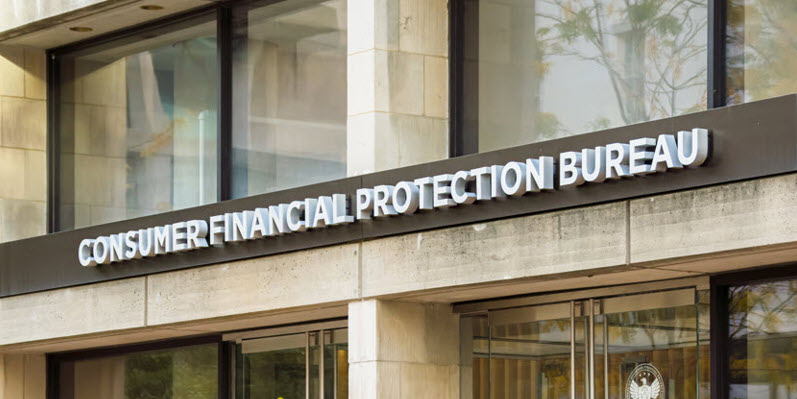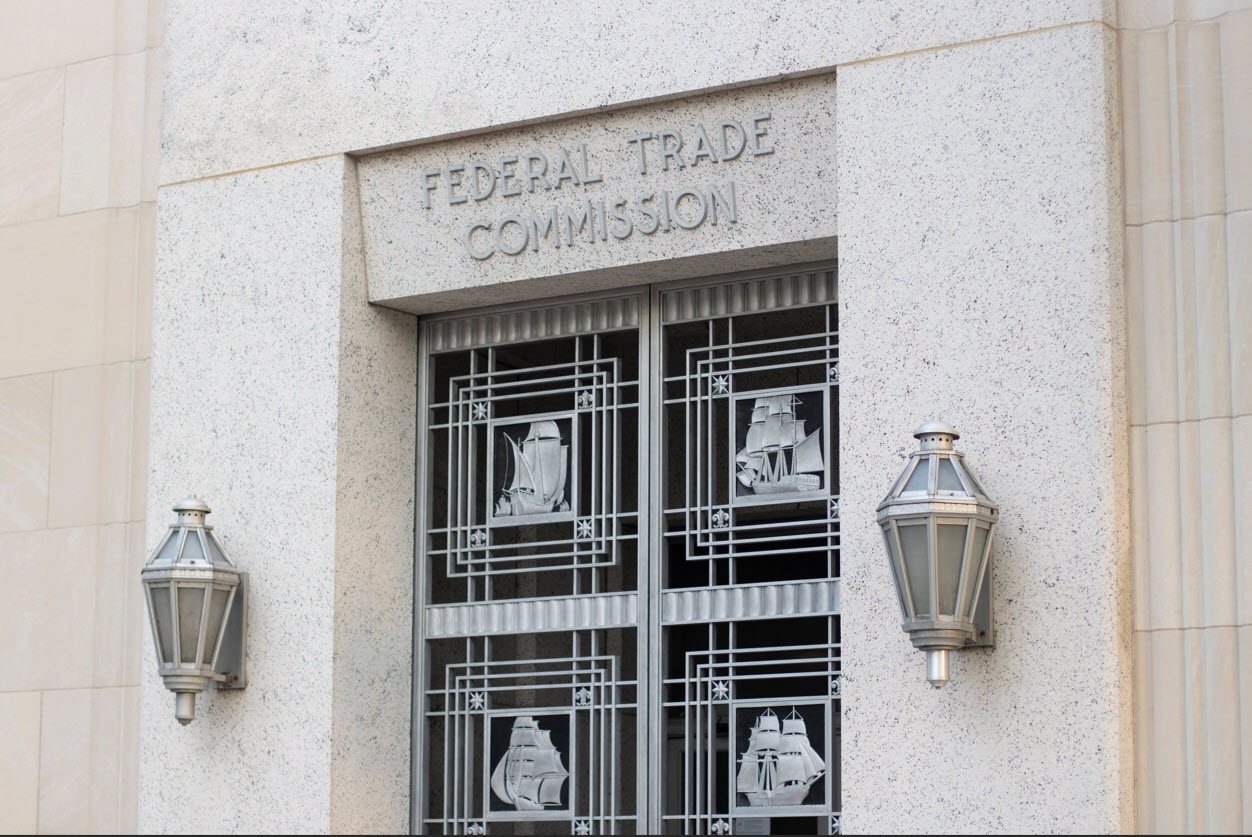Recently, at the Federal Reserve Bank of Philadelphia, CFPB Director Rohit Chopra delivered important remarks about the newly finalized Personal Financial Data Rights rule. This landmark regulation is a significant development for consumers, promoting freedom, decentralization, and competition within our financial system.
Acknowledging the Past and Present
Chopra opened by expressing gratitude to the Federal Reserve Bank of Philadelphia and its President, Patrick Harker, for their commitment to the region and the country. He highlighted how this rule stems from a Congressional mandate enacted after the financial crisis of 2010, aiming to ensure that financial principles align with today’s digital landscape.
The Issues We Face
In his remarks, Chopra outlined the challenges consumers face in banking today. Instead of prioritizing innovation and service, many financial institutions have focused on strategies that restrict customer choice. Complex cancellation processes, hidden fees, and proprietary products make switching banks or services cumbersome and intimidating. These barriers contribute to a lack of competition, ultimately costing consumers billions.
For instance, as interest rates rose in 2022, banks were quick to increase loan rates but slow to reward savers with higher deposit rates. This has left many consumers feeling stuck, often continuing to use the same credit cards they first obtained as young adults—something many can relate to.
Chopra also noted that young people and new immigrants often struggle to build credit histories, making it difficult to access loans or favorable terms. Additionally, monopolistic practices in the payments market limit options for both consumers and businesses.
Open Banking in the U.S.
To foster a more competitive financial market, Chopra advocated for an open banking model. Drawing parallels to the early days of mobile phone services, he explained that removing barriers to switching banks can create a more dynamic marketplace. This involves standardizing how personal financial data is shared, ensuring consumers can easily control and move their information.
The final rule leverages the authority granted by Congress in 2010, finally bringing to life the provisions of the Dodd-Frank Act that allow consumers to access their financial data in standardized formats. This is a pivotal moment for financial transparency and consumer empowerment.
How the Rule Works
So, how does the Personal Financial Data Rights rule actually function? It mandates that financial institutions cannot obstruct consumers from accessing their own data. This means individuals can more easily switch to banks that offer better rates or services without facing hurdles.
For example, consumers can authorize mortgage lenders to use their checking account data to gain a clearer picture of their financial situation, which could improve loan terms. Additionally, the rule aims to enhance payment options by facilitating secure data sharing, potentially making alternatives like ACH and FedNow more mainstream.
Protecting Consumer Data
Crucially, Chopra emphasized that the rule includes strong privacy protections. Companies that access consumer data must use it solely for the purposes the consumer intends. This prevents companies from exploiting data for unrelated purposes, such as targeted advertising, ensuring that consumers maintain control over their information.
Moreover, the rule seeks to phase out the risky practice of “screen scraping,” where third parties access sensitive financial information through consumers’ online banking credentials.
Next Steps
Looking ahead, Chopra outlined several key areas for collaboration before the compliance deadline in early 2026:
- Standard-Setting: The CFPB is prioritizing the review of applications from organizations looking to set industry standards for open banking.
- Inter-Agency Cooperation: The CFPB is in constant communication with other regulators to ensure that companies act in the best interests of consumers when accessing their data.
- Payment Network Updates: There’s a need for the industry to revise outdated payment network rules, particularly in light of recent advancements in digital payments.
- Future Rulemaking: The CFPB plans to explore additional areas for open banking, including mortgage processes and the use of consumer data for public benefit programs.
Conclusion
Chopra’s remarks serve as a reminder of the foundational principles that have historically guided the U.S. financial system—namely, ensuring that banking serves the public good and promotes economic opportunity for all. The Personal Financial Data Rights Rule marks a significant stride toward empowering consumers, fostering competition, and reclaiming the spirit of a financial system that prioritizes individual liberty and choice.
As we move forward, it’s clear that empowering consumers with control over their personal financial data is not just a regulatory goal; it’s essential for creating a fair and competitive financial landscape that benefits everyone.

Author: Jennifer Evancic
Jennifer.Evancic@ResourceManagement.com
Jennifer Evancic is a third-party auditor valued by creditors and large organizations for her knowledge in call monitoring within the collections industry. With meticulous attention to detail and a firm grasp of regulatory requirements, she ensures compliance with clients’ criteria and state and federal regulations.
Jennifer audits collections calls, ensuring they meet client-specific criteria and comply with regulations, providing valuable insights and maintaining industry standards.
Beyond her auditing responsibilities, Jennifer takes the lead in organizing and facilitating monthly call calibrations. These sessions serve as a collaborative forum where clients and their vendors come together to discuss call monitoring results and address any findings or areas for improvement. Jennifer’s guidance fosters open communication and ensures alignment between clients and vendors, driving continuous improvement in collections practices.
Jennifer stays up-to-date with compliance and industry best practices by participating regularly in peer meetings, regulatory updates and industry webinars. This keeps her informed about emerging issues and ensures she remains a knowledgeable leader in collections compliance.
Sign Up for the Twice Monthly Newsletter
Just enter your email address at the top orange bar at:
Collection Compliance Experts – “The Power of Expertise: Oversight Perfected”
It’s that easy! Twice a month – we provide blog updates and Resources for the Collection and Industry Professional.
Your email is just for this newsletter. We never sell your information. No fee. Opt-out at any time.




